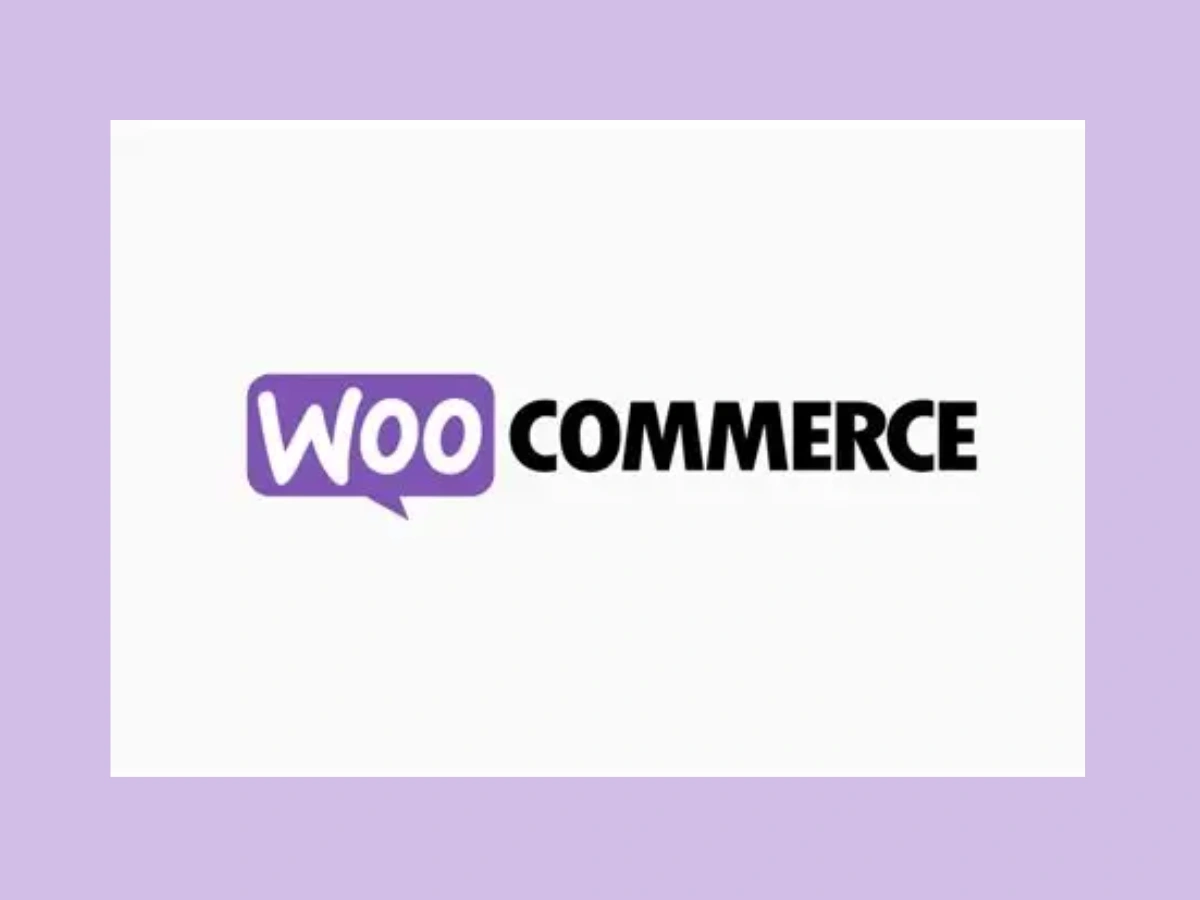What is Woocommerce?
This WooCommerce review examines one of the world’s most popular eCommerce solutions that powers over 6 million online stores globally. WooCommerce is a free WordPress plugin that transforms your regular website into a fully functional online store where you can sell physical products, digital downloads, subscriptions, and services.
Built specifically for WordPress users, this platform gives you complete control over your online business without paying monthly platform fees like Shopify or BigCommerce. You can customize everything from product pages to checkout processes, accept payments through multiple gateways, manage inventory, track orders, and handle shipping calculations automatically.
What makes this WooCommerce review important for potential users is understanding both the benefits and challenges. While the core plugin is free, you’ll need to budget for hosting, security certificates, payment processing fees, and premium extensions for advanced features. It’s perfect for small business owners, entrepreneurs, and developers who want flexibility and ownership of their store data.
Whether you’re launching your first online store or migrating from another platform, this comprehensive WooCommerce review covers everything from setup complexity to scaling capabilities, helping you decide if it matches your technical skills and business goals.
WordPress Users, Budget-Conscious Entrepreneurs,Developers and Agencies, Small to Medium Businesses, Digital Product Sellers, Local Businesses.
Key Features
Product Management System
Create unlimited product listings with detailed descriptions, multiple images, variations (sizes, colors), SKUs, and inventory tracking. Supports physical products, digital downloads, variable products, grouped products, and external affiliate products all managed from one intuitive dashboard.
Payment Gateway Integration
Accept payments through 100+ payment gateways including PayPal, Stripe, Square, Authorize.net, and regional payment processors. Support credit cards, debit cards, digital wallets (Apple Pay, Google Pay), bank transfers, cash on delivery, and even cryptocurrency through extensions.
Shipping Management
Configure flat rate, free shipping, local pickup, and real-time carrier rates from USPS, FedEx, UPS, and DHL. Create shipping zones based on geography, set up conditional shipping rules, print shipping labels directly, and provide customers with tracking numbers automatically.
Tax Automation
Automatically calculate sales tax, VAT, and GST based on customer location and product type. Integrate with TaxJar or Avalara for complex multi-jurisdiction tax compliance. Configure tax classes for different product categories and handle tax exemptions for wholesale customers.
Inventory Control
Track stock levels in real-time, receive low-stock notifications, manage backorders, and sync inventory across multiple sales channels. Set up automatic stock reduction after purchases, manage product bundles, and control which products appear when out of stock.
Pros and Cons
Pros
- Completely Free Core Plugin - No monthly platform fees, no transaction fees on the software itself, and unlimited products and sales without upgrading
- Full Ownership and Control - You own your store data, customer information, and content with no platform restrictions or vendor lock-in
- Unlimited Customization - Modify any aspect of your store's design and functionality with access to all code and thousands of themes and plugins
- Scalability - Start small and grow to millions in revenue using the same platform (enterprise brands like Weber Grills use WooCommerce)
- Sell Any Product Type - Physical goods, digital downloads, services, subscriptions, memberships, appointments, and affiliate products
Cons
- Technical Knowledge Required - Setup requires understanding WordPress, hosting, security, and troubleshooting compared to all-in-one platforms
- Extension Costs - Advanced features like subscriptions ($199/year), bookings ($249/year), or advanced shipping cost extra unlike Shopify's built-in features
- Initial Setup Complexity - First-time users face steeper learning curves compared to drag-and-drop platforms like Wix or Squarespace
- Plugin Compatibility Issues - Conflicts between plugins, themes, and WordPress updates occasionally cause website problems requiring troubleshooting
- No Built-in Email Marketing - Requires third-party integrations like Mailchimp or Klaviyo, whereas some platforms include basic email tools
Pricing Plans
Essential Extensions Bundle
- Premium payment gateways (Authorize.net, Square)
- Advanced shipping calculators (FedEx, UPS)
- Email marketing integrations
- Bookings and appointments
- Subscriptions and memberships
- Product add-ons and customization
- Advanced reporting tools
- Waitlist functionality
Professional Store Setup
- Premium WooCommerce theme ($50-100)
- Security SSL certificate ($0-100)
- Professional hosting ($10-50/month)
- Payment gateway fees (2.9% + $0.30 per transaction)
- Multiple currency support
Enterprise Solution
- Dedicated managed hosting
- Custom plugin development
- Multi-vendor marketplace setup
- Wholesale pricing systems ERP and CRM
- Advanced security features
- Custom payment solutions
- White-glove migration services
- 24/7 priority technical support
- Performance optimization
How It Compares
Shopify
WooCommerce has no monthly platform fees, offers complete data ownership, provides unlimited customization without app restrictions, better SEO control through WordPress, no transaction fees on your own payment gateway, and lower long-term costs for established businesses.
Bigcommerce
WooCommerce is free versus BigCommerce's mandatory monthly fees, gives complete code access for customization, has no revenue-based plan limitations, integrates seamlessly with WordPress content, offers lower total cost of ownership, and provides more payment gateway options. BigCommerce has better built-in features but limits flexibility.
Wix ecommerce
WooCommerce scales better for serious businesses, offers professional-grade features without platform restrictions, provides superior SEO capabilities, has no storage or bandwidth limits, gives you complete data portability, and costs less long-term. Wix is simpler for hobbyists but lacks professional scaling ability.

